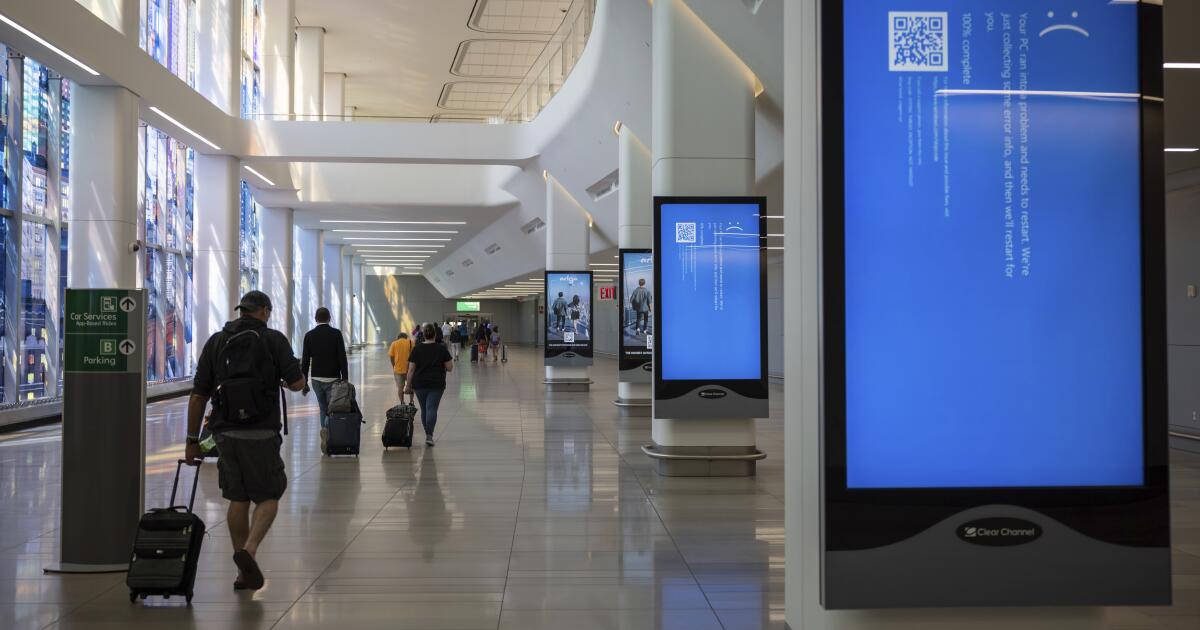Process automation often means that humans no longer have to do it. It sounds great for businesses, but bad for workers. For many, that word sounds like they are about to lose their job.
However, call center agents are always in high demand. For them, automation means removing the worst parts of their job and allowing them to focus on delivering high-quality customer experiences.
The outbound IVR does exactly that.
What is an outbound IVR?
When you call a business phone number and use a pre-recorded navigation menu, you are interacting with an inbound interactive voice response (IVR) system. It is a fully automated process designed to help connect callers with the right person.
On the other hand, an outbound interactive voice response (IVR) system schedules and makes outbound calls. It is typically used for things like:
- Appointment reminders.
- Collection of overdue payments.
- Prescription refill reminders.
- Surveys and comments.
- Emergency alerts.
- Marketing and promotions.
- School announcements.
- Standard notifications.
All of these things happen hundreds of times around the world every day. Calling all of these people manually is extremely time-consuming, boring and uninteresting.
What used to be one of the most boring jobs for call center agents can now be completely automated.
In addition, the recipient can also interact with the system.
They can confirm, cancel or reschedule an appointment, pay a past due balance, answer survey questions and refill their prescriptions without having to speak to anyone.
How does outbound IVR work?
Typically, an outbound interactive voice response (IVR) system is connected to your CRM software, which contains contact information, prescription dates, payment terms, and other details that tell you who to call and when. It can take some time to set up.
But you only have to do it once – the system takes care of the rest until it runs out of numbers or you tell it to stop.
In addition to a list of numbers to call, all you need is a pre-recorded message or a pre-configured phone tree and an auto-dialer.
There are several types of markers to choose from:
- Predictive Dialers uses algorithms and pattern recognition to automatically make multiple simultaneous calls at times when it predicts an agent will be available if needed.
- Automatic markers They also automatically dial customers, but only place calls when there is at least one available agent on hold. This could be useful if you expect the call to lead the recipient to speak to someone.
- Progressive markers Automatically calls one number on your list at a time. It's similar to a predictive dialer, but slows down the rate to a level that may be better for smaller teams.
- Preview Markers Provide customer information to available agents before dialing, giving them the option to skip or place the call.
The type of dialer you choose can have a big impact. For something like emergency alerts or announcements, a predictive dialer can work well because most people won't need to talk to anyone.
Using that same dialer can be a problem if you use it to collect payments or remind people of appointments. You run the risk of too many people trying to speak to a live agent at the same time. If that happens, they'll have to wait, which can be a frustrating experience.
In such cases, it makes more sense to use a powerful or progressive marker.
If your list includes contacts that don't actually need to be contacted, a preview flag means agents can skip unnecessary calls.
Once someone answers, your outbound IVR plays a pre-recorded message. You can also present a list of options and a pre-recorded message for each if the recipient's participation is required.
In practice, you might say, “Hi, this is Jones Family Dentistry. You have an appointment coming up. Press 1 to confirm or 2 to reschedule.”
If you press 1, it will play the message you chose for that option.
For those who need to reschedule, your system will connect them to an agent using the call routing and automatic call distribution rules you use.
Everyone wins with outbound IVR
It's not often that you get automation that benefits everyone. However, outbound dialers save businesses time and money, spare agents the drudgery of hundreds of identical calls, and provide customers with faster service.
Benefits for contact centers
Outbound interactive voice response (IVR) enables contact centers to reach and assist more customers in less time. Not only does it reduce friction as your business grows, but it also reduces the risk of agent burnout.
Additionally, your current agents won't have to worry about routine outbound calls, allowing them to handle a higher volume of customers with more urgent issues.
On a smaller scale, it can be useful during busier times of the year when you are likely to make a higher number of outbound calls, such as when the school year starts, during the holidays, or during severe weather season.
In addition to scalability, it costs much less to implement outbound IVR than to hire additional agents.
Instead of paying full-time salaries, covering benefits, and navigating PTO days with new agents, you can use that money to enrich the agents you already have.
In addition to the main benefits, you will have a coherent and professional message, without misspoken words or incorrect information.
Why Agents Love Outbound IVR
In addition to automating repetitive tasks, outbound interactive voice response (IVR) helps agents be more productive in other ways. Instead of feeling overwhelmed by work that doesn’t require much thought, they can get busy with more meaningful activities that keep them actively engaged.
When they are engaged, they are more likely to feel a sense of accomplishment, which leads to higher morale and lower turnover rates.
They will also have more opportunities to develop new skills, either by managing complex interactions or by participating in training programs that cover aspects such as:
- Active listening.
- Management skills.
- Screenwriting.
- Project management.
- Campaign ideation.
- Problem solving.
- Conflict resolution.
- Automation and leveraging AI.
These types of skills not only make employees feel valued and fulfilled, but they can also contribute to their team in a more meaningful way while improving the quality of service.
Happy agents are better equipped to connect with the customers they serve.
Customers also enjoy the benefits
The people you call are usually as busy as you are: they don't want to receive unsolicited calls, just as you don't want to make them.
Even if it's things like appointment reminders, announcements, or alerts.
However, concise, consistent, pre-recorded messages can make them feel more relaxed knowing they don't have to talk to anyone to confirm their appointment, answer survey questions, renew a prescription, or make a payment.
It is also more flexible and convenient. Instead of calling and waiting in a long call queue, they can rely on their reminders and notifications and then attend to the situation immediately.
This also carries over to other callers. Those with simple problems will not have to wait in line with everyone else, resulting in shorter waiting times. The outbound IVR system therefore benefits all customers, even those who do not interact with it directly.











